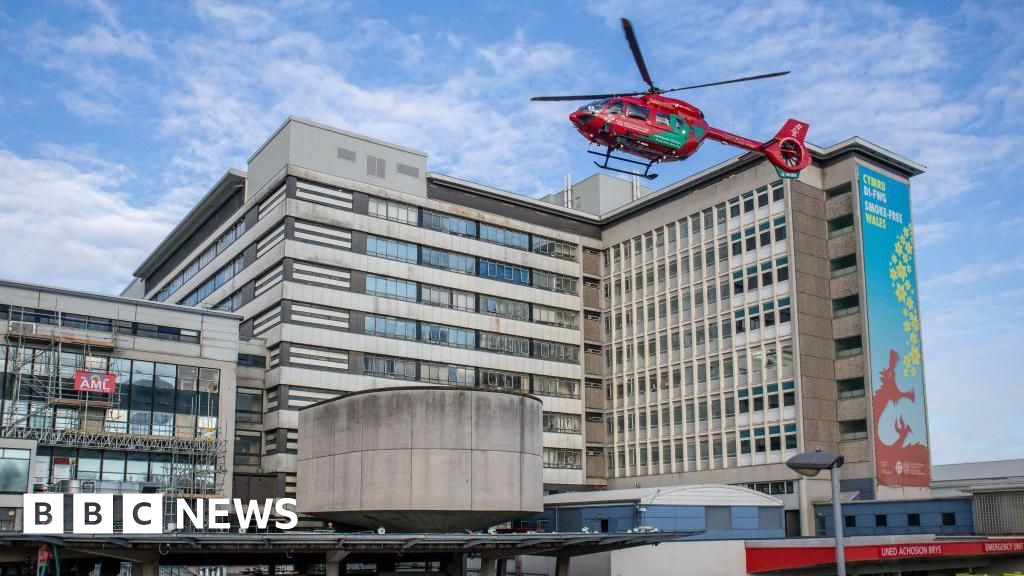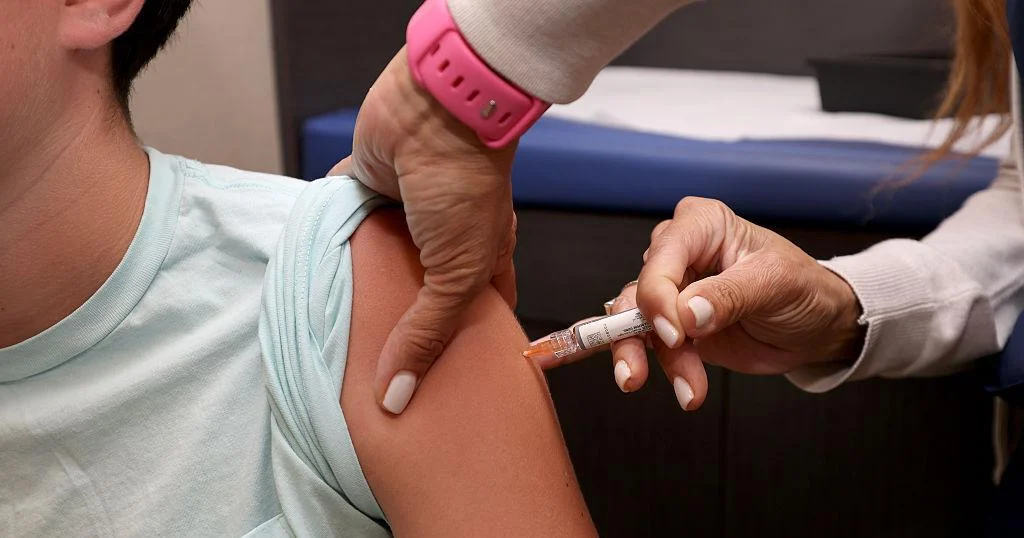Copyright bbc

Sustainability consultant Mari Arthur said the NHS has a "huge amount of purchasing power" and should be able to demand lower emissions from its suppliers. Single-use items, such as plastic aprons, can have a large carbon footprint, she said. "That apron might have been manufactured in Asia, for example, where most single-use PPE is manufactured. "You've got the embedded carbon of fossil fuels in the manufacturing process, [and] the transportation of bringing something across the world - so, maybe, months' worth of carbon being built up for that one item to be used for a few minutes - sometimes a few seconds - and then discarded, and then burnt, or gone to landfill." As part of its new decarbonisation plan, NHS Wales vowed to "work with suppliers to minimise environmental impact". It will also look to improve energy efficiency and the use of renewables, support more sustainable travel, and work to reduce waste. Cabinet secretary for Health and Social Care Jeremy Miles said: "We all have a part to play in addressing the climate emergency. "The NHS in Wales can play its part by taking simple steps, such as reducing waste, saving energy and working as sustainably as possible, while focusing on delivering high-quality care."



